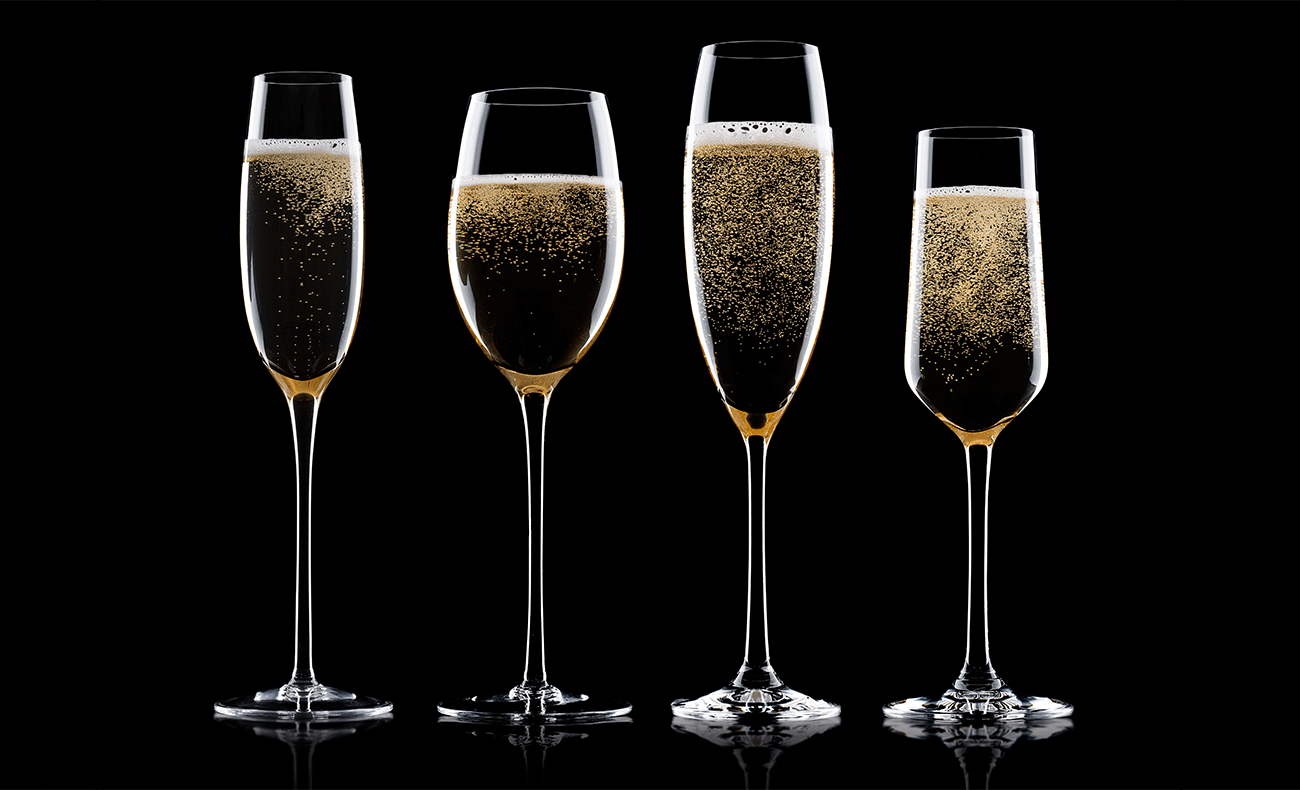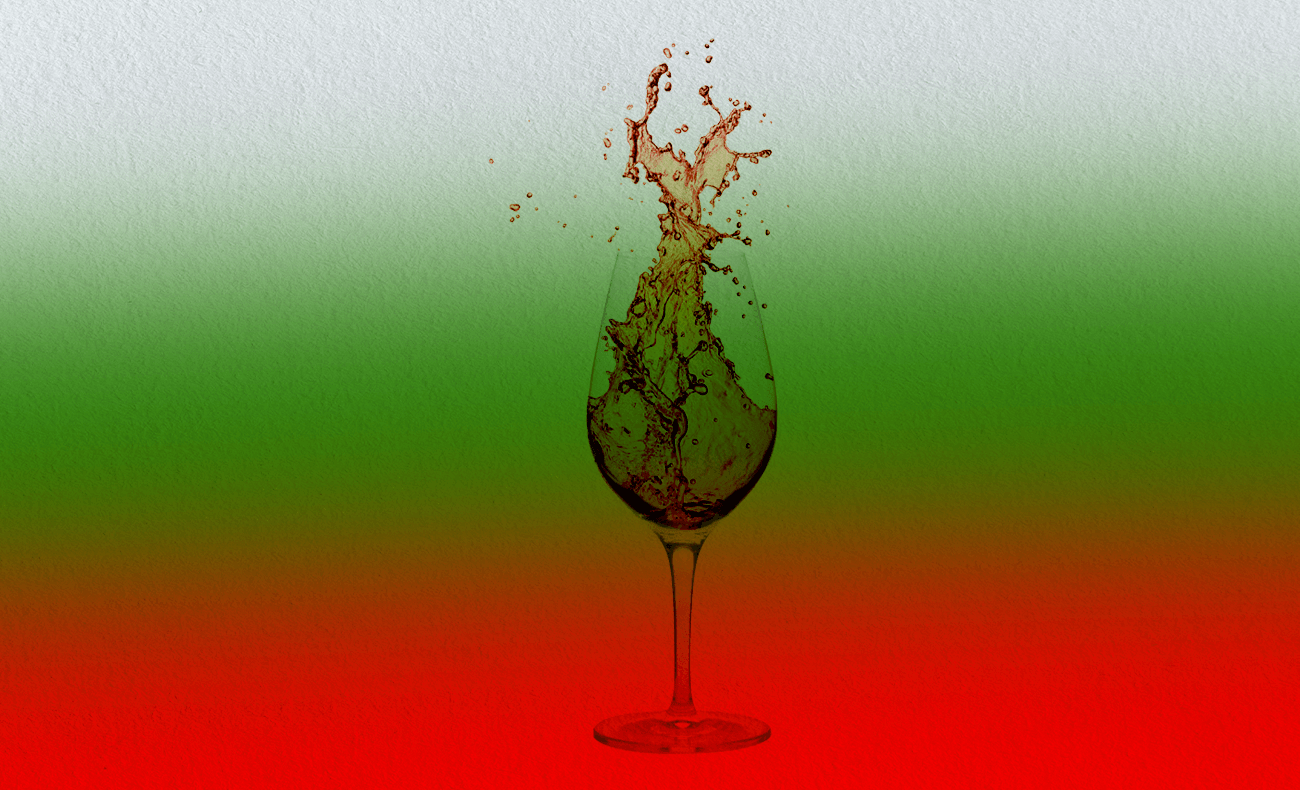Exploring the Diversity of Spirits: A Guide to Different Types and Their Unique Characteristics In the vast realm of...

Whisky vs. Whiskey - What Sets Them Apart?
When it comes to the world of spirits, few beverages command as much reverence and fascination as whisky and whiskey. While the two terms may sound interchangeable, there are subtle yet significant differences that aficionados and enthusiasts alike swear by. In this exploration, we'll delve into the nuanced distinctions between whisky and whiskey, shedding light on the origins, production methods, and flavor profiles that make each spirit unique.
Origins and Etymology:
The primary discrepancy between whisky and whiskey lies in their geographical origins and, consequently, their spellings. Whisky, without the "e," is the preferred term in countries like Scotland, Canada, and Japan, reflecting the traditions and linguistic nuances of these regions. On the other hand, whiskey, with the "e," is the term embraced by countries such as Ireland and the United States.
Production Methods:
The dissimilarities extend beyond mere linguistic nuances, encompassing the production processes that contribute to the distinct character of each spirit. Scotch whisky, for example, must adhere to strict regulations set by the Scotch Whisky Association. It is typically distilled twice in pot stills and aged in oak barrels for a minimum of three years. The use of peat during malting imparts a smoky flavor that is characteristic of many Scotch whiskies.
Irish whiskey, known for its smooth and approachable profile, is typically triple-distilled for extra refinement. Unlike Scotch, Irish whiskey often involves the use of both malted and unmalted barley, as well as other grains, offering a diverse range of flavor profiles.
American whiskey, including the well-known bourbon and Tennessee whiskey, has its own set of rules. Bourbon must be made from at least 51% corn and aged in new charred oak barrels, while Tennessee whiskey undergoes an additional filtration process known as the Lincoln County Process, where the whiskey is filtered through sugar maple charcoal before aging.
Flavor Profiles:
The choice of grains, distillation techniques, and aging conditions all contribute to the unique flavor profiles of whisky and whiskey. Scotch whisky tends to showcase a spectrum of flavors, ranging from the peaty and smoky notes of Islay malts to the fruity and delicate characteristics of Highland whiskies.
Irish whiskey, with its triple-distillation process, often boasts a smoother and lighter profile, with notes of vanilla, honey, and a subtle maltiness. American whiskeys, particularly bourbon, are known for their sweet and full-bodied nature, featuring flavors like caramel, toffee, and a hint of spice.
For those exploring the world of whisky and whiskey, understanding these differences is crucial. Whether you're a seasoned connoisseur or a curious novice, these nuances provide a roadmap for navigating the vast landscape of distilled spirits.
In conclusion, the distinctions between whisky and whiskey go beyond semantics, weaving a tapestry of traditions, regulations, and flavor complexities. By grasping these subtleties, enthusiasts can embark on a flavorful journey, savoring the diverse expressions that make each spirit a unique and cherished entity in the world of libations. Whether it's the peaty allure of Scotch or the smooth elegance of Irish whiskey, the choices are as diverse as the palates that savor them.












